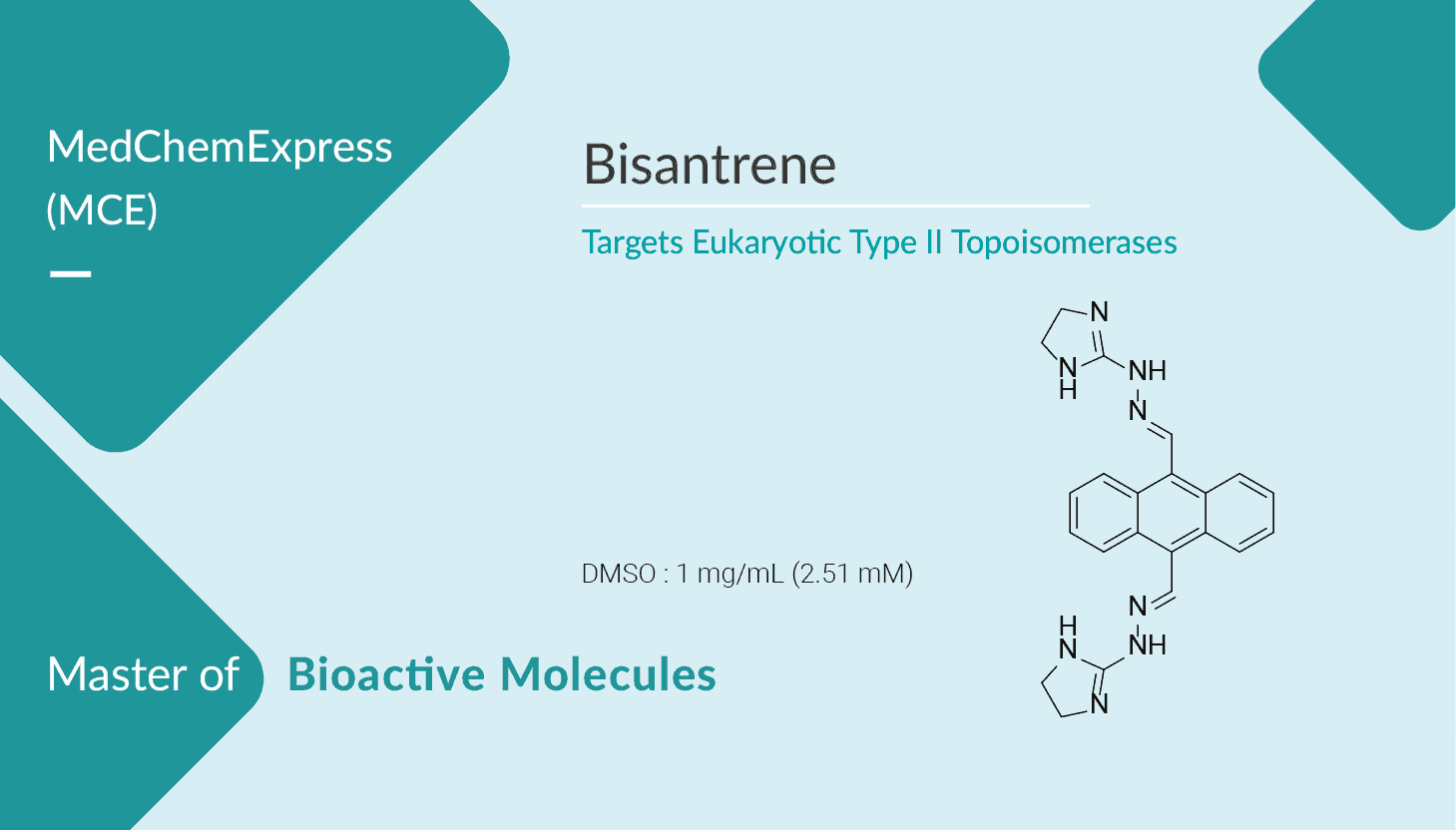ImprotDNA topoisomerases are enzymes that disentangle the topological problems that arise in double-stranded DNA. Type II topoisomerases are ubiquitous enzymes that play essential roles in a number of fundamental DNA processes. Besides, Type II topoisomerases change DNA topology by generating transient DNA double strand breaks. Mammalian cells have two topoisomerase II (TOP2) isoforms, TOP2α and TOP2β. TOP2α is essential for all cells, and is essential for separating replicated chromosomes. TOP2β is important for normal development, but is dispensable in some cell types.
 Type II topoisomerases function in numerous DNA processes and are important for recombination, the separation of daughter chromosomes, and proper chromosome structure, condensation, and decondensation. Biological functions of TOP2 isoforms are modulated by a variety of protein-protein interactions. Some of these interactions may affect enzyme activity, stability and localization. TOP2 activity is also modulated by post-translational modification. In addition to phosphorylation, a crucial post-translational modification of TOP2 is sumoylation. Failure to sumoylate TOP2α or to remove the SUMO modification disrupts the ability of TOP2α to separate replicated chromosomes.
Type II topoisomerases function in numerous DNA processes and are important for recombination, the separation of daughter chromosomes, and proper chromosome structure, condensation, and decondensation. Biological functions of TOP2 isoforms are modulated by a variety of protein-protein interactions. Some of these interactions may affect enzyme activity, stability and localization. TOP2 activity is also modulated by post-translational modification. In addition to phosphorylation, a crucial post-translational modification of TOP2 is sumoylation. Failure to sumoylate TOP2α or to remove the SUMO modification disrupts the ability of TOP2α to separate replicated chromosomes.
Bisantrene is topoisomerase II poisons and DNA intercalators. Bisantrene intercalates with and disrupts the configuration of DNA, resulting in DNA single-strand breaks, DNA-protein crosslinking, and inhibition of DNA replication. In vitro, it is a potent inhibitor of DNA and RNA synthesis. Bisantrene also effectively inhibits angiogenesis in a concentration-dependent manner. Moreover, Bisantrene exhibits anthracycline-like antineoplastic activity and with no discernible cardiotoxicity. Bisantrene shows efficacy in a range of leukaemias (including relapsed/refractory acute myeloid leukemia ), breast cancer, and ovarian cancer. Bisantrene can substantially slow the growth of acute myeloid leukemia (AML) in mice. What’s more, Bisantrene in combination with Doxorubicin can effectively inhibit metastatic breast cancer.
All in all, Bisantrene is a highly effective antitumor agent, targets eukaryotic type II topoisomerases.
Reference:
Nitiss JL. 2009 May;9(5):327-37.